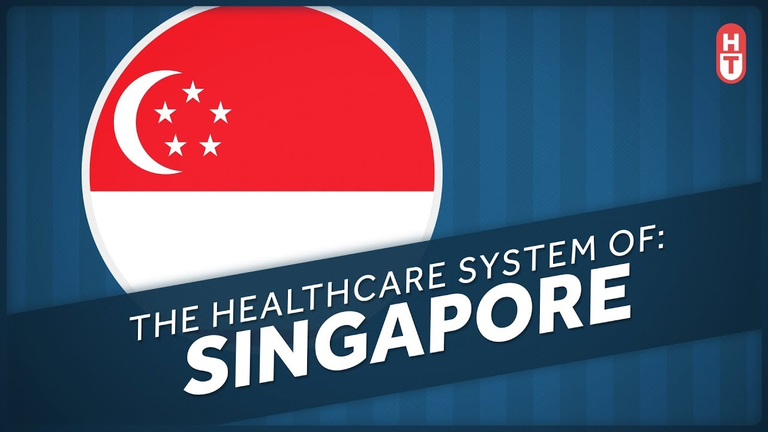
I really enjoyed learning about how different other countries provide their healthcare to their citizens during this week's lecture by Dr. Flynn. Personally, for me when it comes to government-provided health care systems the first ones that come to mind are the United Kingdom and Canada, but never Singapore. In fact, for some reason, Singapore would probably be one of the last places I think of, but from what I learned today, its system is a true cure for the predicament we have here in the United States. The three M’s in particular really caught my attention and made me wonder why there is only one country in the world that uses Singapore's system. To begin with, their mandatory health savings plan is genius. Taking seven percent out of every paycheck and allowing for that money to grow four percent every year means that not only do people have emergency money, but they also have more emergency money than they would without the system. Singaporeans save up a huge amount of money when they are in their prime in preparation for when they go into decline.
The second M stands for Medishield which is a high deductible health insurance premium that citizens pay for themselves; the first two-thousand dollars of spending each year is on the individual, after that there is a ten percent copay on anything over two-thousand dollars. Since citizens know that they have to pay ten percent on any care over two-thousand dollars they have the incentive to shop for the most inexpensive coverage. We would all much prefer to pay eight-hundred dollars for care than one-thousand dollars, right? And citizens are actually able to research the best healthcare provider to suit their needs since all prices and mortality rates are made readily available to the public. This causes prices to go down while increasing the quality of care provided. In the event that an individual has surpassed their two-thousand dollar deductible and has run out of money in their Medisave account, there is yet another safety net. If something catastrophic were to happen that you cannot pay for you, may apply for Medifund; five billion dollars in a trust fund which is distributed to clinics and hospitals to help pay for necessary procedures and care that one cannot afford.
Here in America, we have built a system that is completely unresponsive to the needs of normal people because the people aren’t paying, their insurance is. This is true to an extent, but people still find themselves in sticky situations in the third-party payer system. I think the first step towards an equitable and just system would be to post prices for care and procedures before individuals agree to be cared for. As Dr. Flynn said, “you don’t buy a car before seeing the price,” why should we do anything differently when it comes to healthcare?